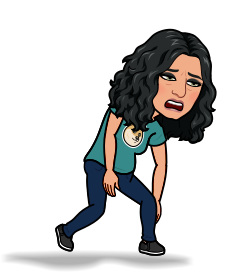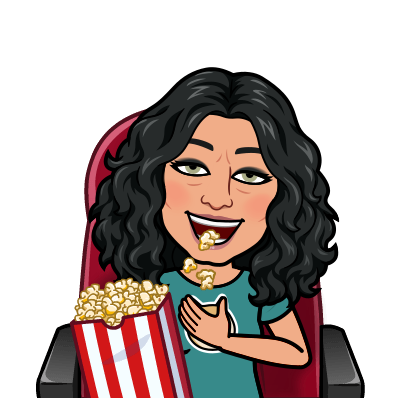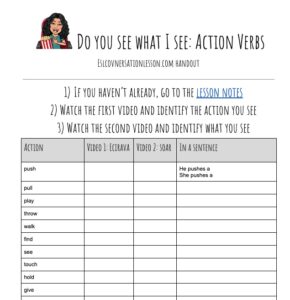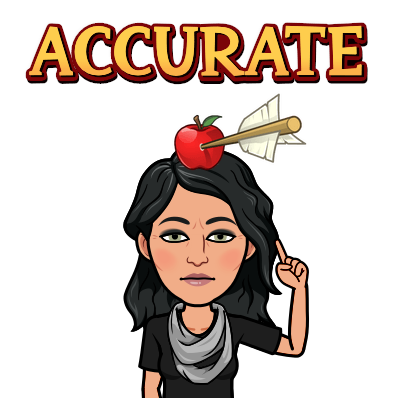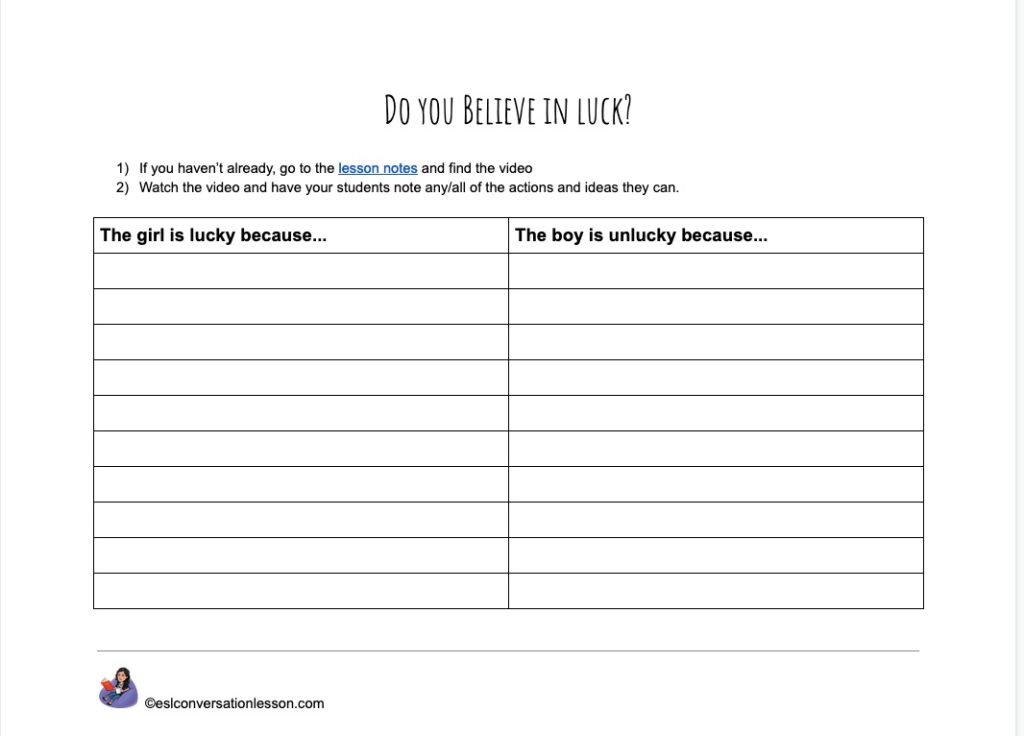- Level: A1, A2, B1
- Handout: Google slides prompts. Free on TPT
- Media: none
- Language focus: wh-questions, open-ended questions
Asking questions is an integral part of conversation. When I prepare an ESL lesson, I can spend quite a lot of time composing just the right question. Not too hard, not too easy, avoid yes, no and add some nice vocabulary words to feed the answer. In fact, the art of asking questions is a bit of a passion of mine. You can even consult my Questions by Cognitive Skill page to see just how scientific I can get to achieve the perfect question.
But enough about me! What about the students? How are they at asking questions? The wh-words are such an important cornerstone in ESL development. But I find that simply exposing the 5 w’s is too simplistic and not very conversational. I got inspired by a great lesson that uses photos and question starters to practice questions. I liked it because it was open enough to allow for variety but controlled enough to feed the students with the structure and words to provide opportunities for success. So I made one of my own with Google Slides.
You can download the exercise for free from Teachers Pay Teachers.
Here are a few screen shots:




